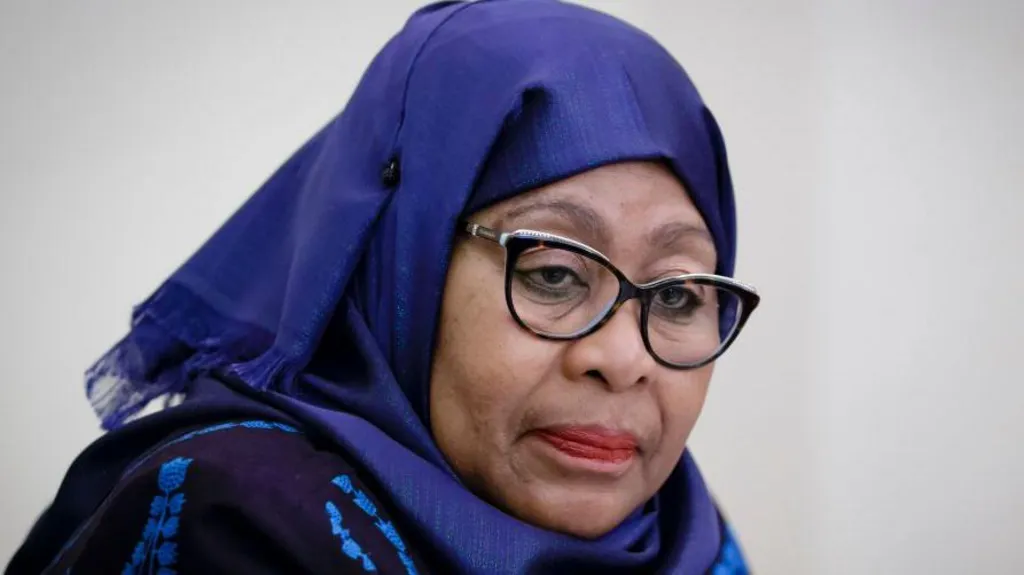The African Union Election Observation Mission (AUEOM) has called for urgent constitutional reforms and a more inclusive political environment in Tanzania following the country’s October 29 general elections, which the mission described as constrained by legal and institutional shortcomings.
Led by former Botswana President Mokgweetsi E.K. Masisi, with support from Nigeria’s former Foreign Minister Geoffrey Onyeama, the 72-member delegation observed voting across 17 regions of mainland Tanzania and Zanzibar.
Its preliminary findings, released Wednesday in Dar es Salaam, highlighted concerns over restrictions on political activity, the disqualification of opposition candidates, and weaknesses in the electoral legal framework.
“The Mission emphasises that regular elections without genuine competition and adherence to democratic principles result in voter apathy and ultimately lead to citizens’ disengagement from political activities,” the report stated.
It urged authorities to safeguard political freedoms, ensure equitable participation for all political actors, and create conditions for competitive elections.
The AU observers noted that while President Samia Suluhu Hassan’s early tenure had briefly expanded political space, including allowing opposition rallies and media freedom, those gains were undermined during the 2025 polls.
The boycott of elections by the main opposition party, CHADEMA, and the disqualification of ACT-Wazalendo’s presidential candidate Luhaga Mpina, “diminished the competitiveness” of the elections.
The mission also cited constitutional gaps — such as the inability to challenge presidential results in court and the exclusion of independent candidates — as major obstacles to democratic practice, stating that these provisions violate the right to a fair hearing before an independent tribunal under the African Charter on Democracy, Elections and Governance.
Despite these shortcomings, the AU mission commended the Independent National Electoral Commission (INEC) and the Zanzibar Electoral Commission (ZEC) for voter registration, logistical preparedness, and civic education.
A total of 37.6 million voters were registered, with women comprising just over half. However, concerns persisted over restricted online spaces, limited access to remote voters, and delayed release of the electoral calendar.
The mission’s observation efforts were also hampered by violent protests and a six-day internet shutdown, preventing full monitoring at some polling stations. A comprehensive report with detailed recommendations is expected within two months.
“The AU remains committed to supporting Tanzania’s democratic journey,” Masisi said, “but reforms are vital to ensure that future elections truly reflect the will of the people.”


